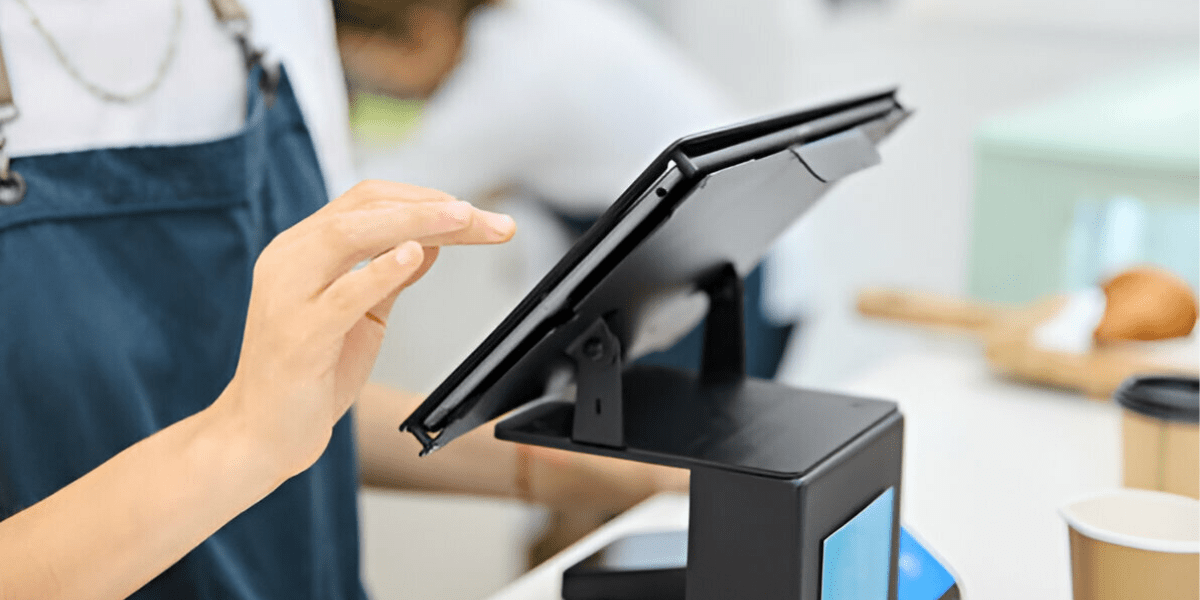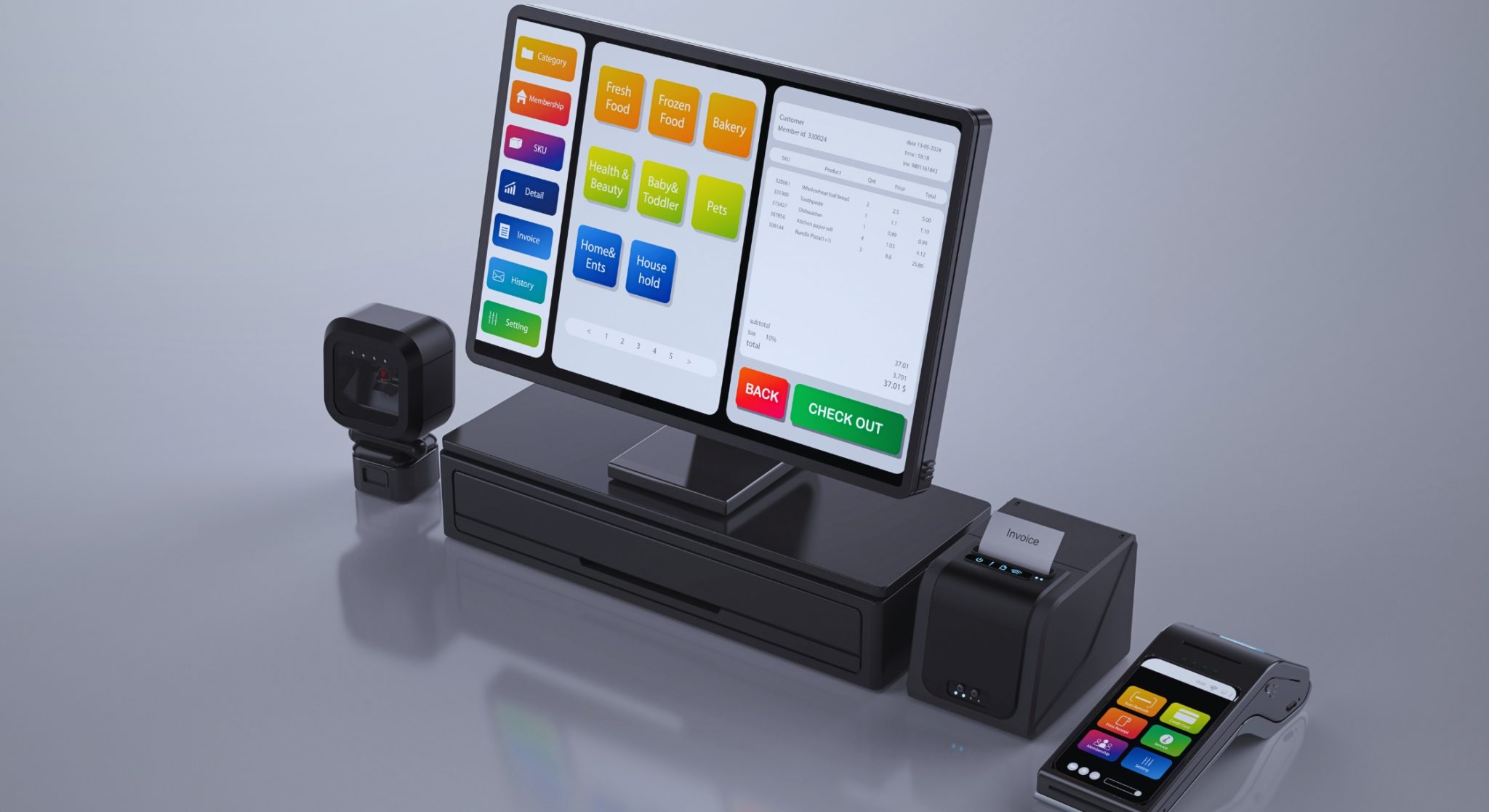How POS Systems Help Minimize Financial Errors in 2024

In today’s fast-paced business environment, financial accuracy is paramount. Whether it’s managing inventory, tracking sales, or preparing tax filings, any financial error can have significant consequences, from operational disruptions to regulatory penalties. Enter Point-of-Sale (POS) systems—advanced tools that are transforming how businesses handle financial data. In 2024, POS systems are not just transactional tools; they are integral to minimizing financial errors and ensuring business success.
The Financial Challenges Businesses Face
Businesses, especially in retail and hospitality, deal with high transaction volumes, dynamic pricing, and complex tax regulations. Manual processes to manage these operations are prone to errors such as:
- Miscalculations in sales transactions.
- Discrepancies in inventory data.
- Incorrect application of discounts, promotions, or taxes.
- Human errors in data entry.
These errors may seem minor in isolation, but they can snowball into major financial discrepancies that hurt a company’s bottom line and reputation.
How POS Systems Address Financial Errors
Modern POS systems offer a range of features designed to eliminate or significantly reduce the likelihood of financial errors. Here’s how they help businesses maintain accuracy and efficiency:
1. Automated Transaction Recording
Every sale, return, or exchange is automatically recorded in a POS system. This eliminates manual entry errors and ensures that all financial data is logged correctly. Automation not only saves time but also reduces the risk of discrepancies caused by human oversight.
2. Integrated Tax Calculations
Tax compliance is a critical and complex area for any business. POS systems in 2024 are equipped with updated tax modules that calculate taxes automatically based on local, state, and federal regulations. This minimizes the risk of undercharging or overcharging customers and ensures accurate tax reporting.
3. Real-Time Inventory Management
Inventory discrepancies are a common source of financial errors, particularly for businesses with a large inventory. POS systems with integrated inventory management provide real-time updates on stock levels. By syncing sales and inventory data, businesses can avoid costly errors such as double-selling or overstocking.
4. Error Detection with AI and Analytics
Many modern POS systems use artificial intelligence (AI) to identify anomalies in transaction data. For example, if an unusually high number of refunds or voided transactions occur, the system can flag it for review. Analytics tools also provide insights into sales trends, helping businesses spot inconsistencies before they escalate.
5. Streamlined Payment Processing
Payment errors, such as duplicate charges or incorrect totals, can lead to customer dissatisfaction and financial discrepancies. POS systems in 2024 integrate seamlessly with payment gateways to ensure that transactions are processed accurately. Features like digital receipts and transaction logs make it easy to reconcile payments.
6. Centralized Financial Reporting
POS systems provide businesses with centralized access to financial reports, including sales, revenue, and expenses. These reports are often customizable and can be exported directly to accounting software. This ensures that all financial data is accurate, up-to-date, and easy to analyze.
Benefits of Using POS Systems for Financial Accuracy
1. Reduced Operational Costs
By minimizing errors, businesses save money on correcting mistakes, compensating customers for discrepancies, or dealing with penalties for tax inaccuracies. Automation also reduces labor costs associated with manual data entry and reconciliation.
2. Improved Decision-Making
Accurate financial data enables better forecasting, budgeting, and strategic planning. With real-time insights from POS reports, businesses can make informed decisions that enhance profitability.
3. Enhanced Customer Trust
Errors in billing or payment processing can harm customer trust. A reliable POS system ensures accurate pricing, tax calculations, and transaction records, creating a smoother customer experience and fostering loyalty.
4. Simplified Compliance
Staying compliant with tax laws and financial regulations is a top priority for any business. POS systems with integrated compliance features ensure that financial data aligns with legal requirements, reducing the risk of audits or fines.
5. Scalability and Flexibility
As businesses grow, so do their financial complexities. POS systems are designed to scale with businesses, offering advanced features like multi-location reporting and support for various payment methods. This adaptability ensures that financial accuracy is maintained even during periods of rapid growth.
Real-World Applications in 2024
Businesses across industries are leveraging POS systems to address specific financial challenges:
- Retail: Real-time inventory tracking reduces stockouts and overstock situations, ensuring accurate financial reporting.
- Restaurants: Integrated payment and tip management features streamline reconciliation.
- E-commerce: POS systems sync online and in-store sales, eliminating discrepancies in multi-channel operations.
Conclusion
In 2024, financial errors are no longer an inevitable part of running a business. With the advanced capabilities of modern POS systems, businesses can achieve unparalleled accuracy in their financial operations. From automated transaction recording to AI-driven error detection, these systems not only minimize errors but also enhance efficiency, compliance, and customer trust.
For businesses aiming to thrive in a competitive landscape, investing in a robust POS system is not just a technological upgrade—it’s a strategic imperative. By adopting and fully utilizing POS systems, businesses can eliminate financial errors and focus on what truly matters: growth and customer satisfaction.
Visit our site at www.dibtech.com.au
Visit our YouTube channel for tutorials Dibtech






